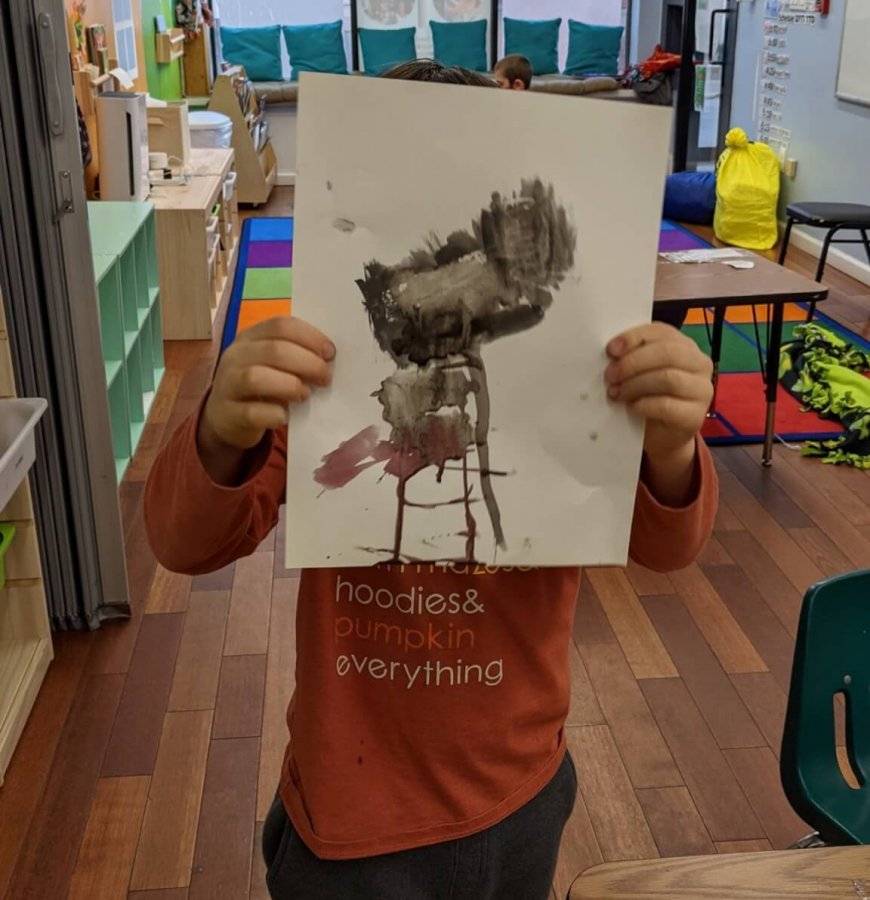
Say you find yourself at the lowest point in your life, literally (or figuratively) deep under the ocean, in the belly of a big fish. How would you respond? What would you do to help you bounce back from an experience like that? This is the exact scenario Yonah finds himself in, stuck in a fish. And Yonah chooses to cry out to God with a beautiful, poetic tefilah (prayer), full of emotion and rich imagery (Jonah 2).
Who else do we remember calling out to God or asking God for help with a tefilah?
- The Hebrew slaves in the leaving Egypt story.
- Yaakov when he was about to reunite with Eisav.
- Rivkah when the babies were fighting inside her.
- Moshe cried out to God when Miriam got tzara’at (white, scaly skin disease).
- Esther before she went to ask King Achashverosh to save her people.

How do you think Yonah was feeling when he cried out for help from inside the fish?
- Like this was bad.
- Like he was having a hard time.
- Maybe he was angry too.
- Scared because he describes this whole thing as a bad place that he wants to leave. Like he’s wondering if he’s going to get out.
- Worried about whether God still loves him.
- Sad about disobeying God.
- Mad at himself for disobeying God.
- Sad, desperate like “please God, I want to get out of this fish!”
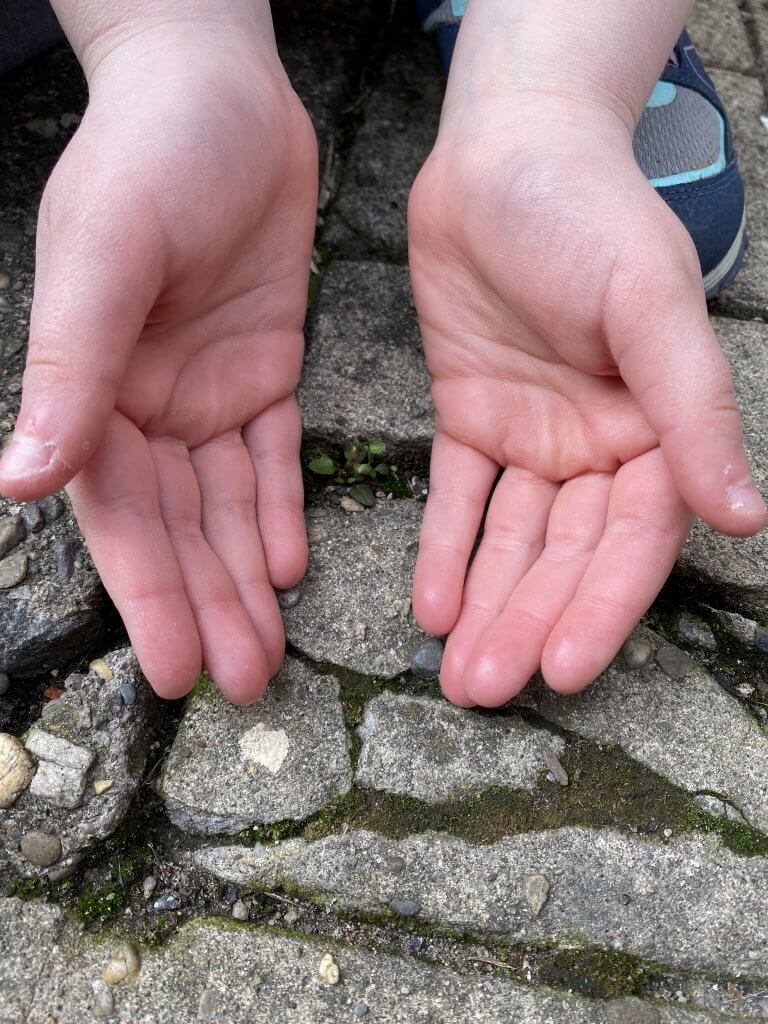
What do you think Yonah should have done when he was trapped there? What would you have done in this situation?
- I would have prayed too.
- Maybe I could have climbed out of the fish.
- I would have been very hungry and thirsty and probably dead.
- Nothing because there is no air inside a fish.
- I would accept my fate.
- Depends on my previous preparation.
- I would talk to myself to make myself feel better.
- Prepare for any scenario. I might prepare to get blown out of the blowhole.
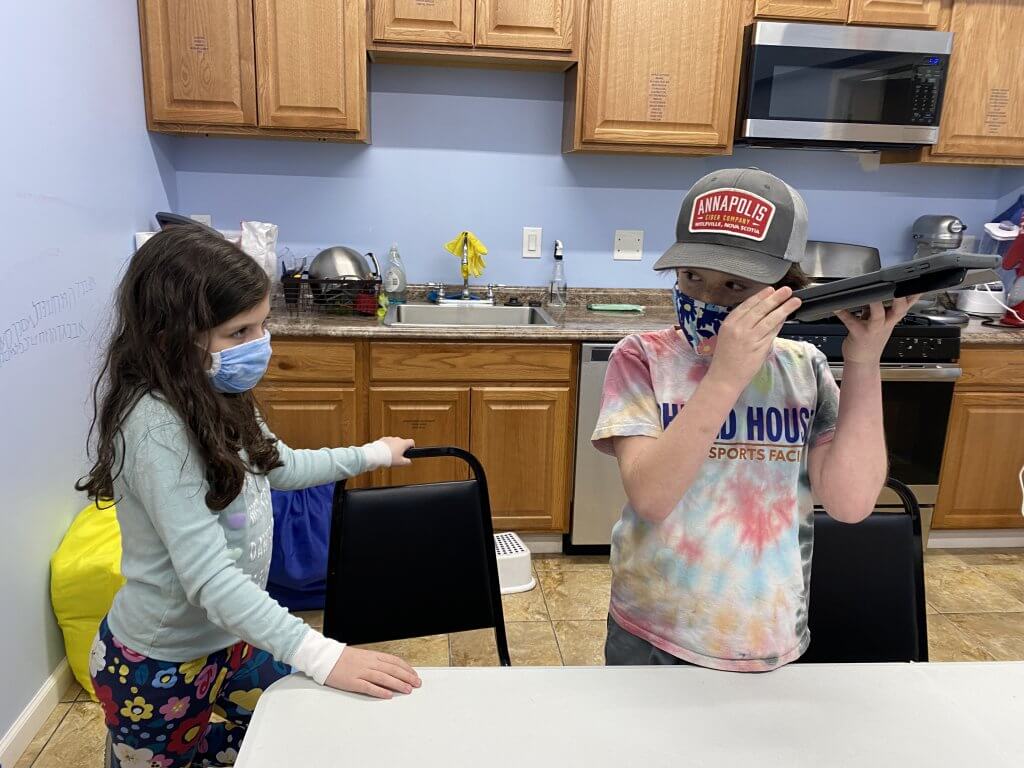
Can you think of a time when you were really stuck?
- I was stuck playing a math game so I just guessed.
- You can get stuck emotionally. You can lose your ideas. You get stuck thinking about something and that thing makes you think of nothing.
- Sometimes you get stuck when you are angry and you have to get not angry to figure out the problem.
- If you’re stuck in sticky glue you have ask someone to give you a cutter to cut yourself out.
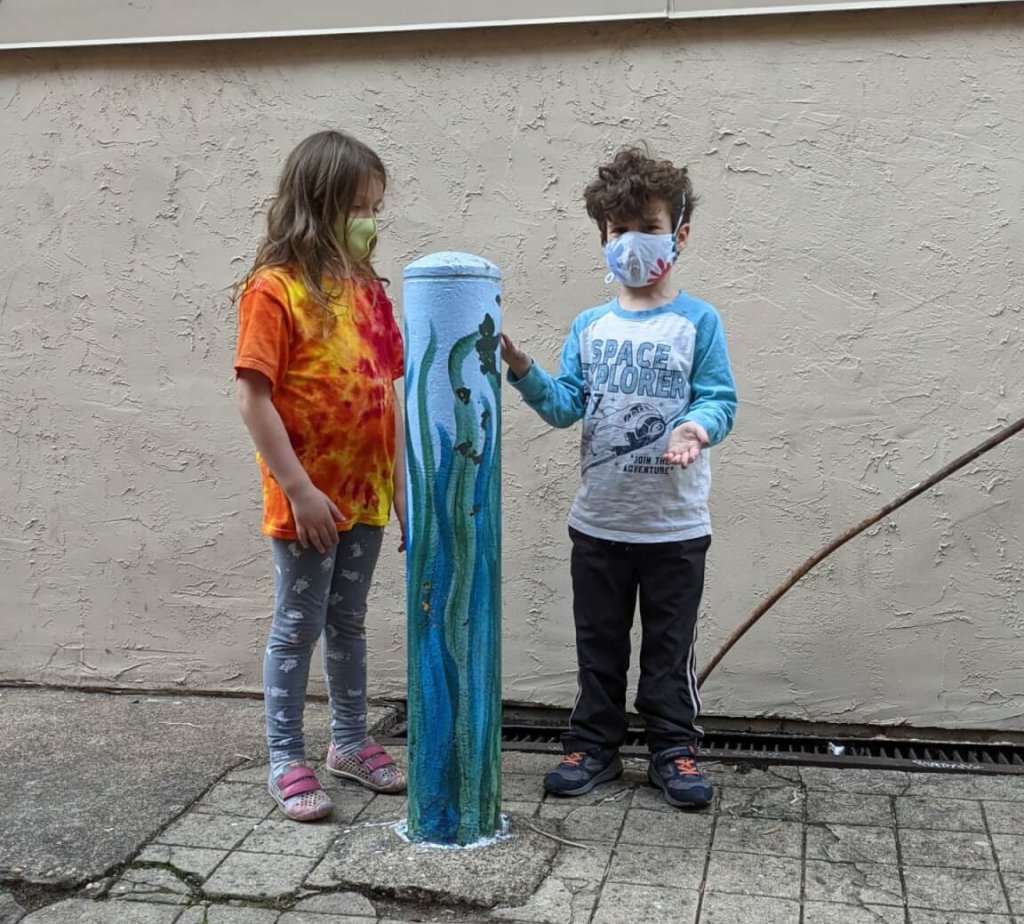
What do you do for yourself when you’re feeling “stuck”?
- I pet my cat.
- I eat lemons.
- I read books I really like.
- I just push through and do the thing, even if I don’t want to.
- If you’re feeling stuck when making a decision, just pick whatever your favorite is.
- Take a break.
- I distract myself.
- I do something that inspires me.
- I ask for outside help.
- I make a compromise.
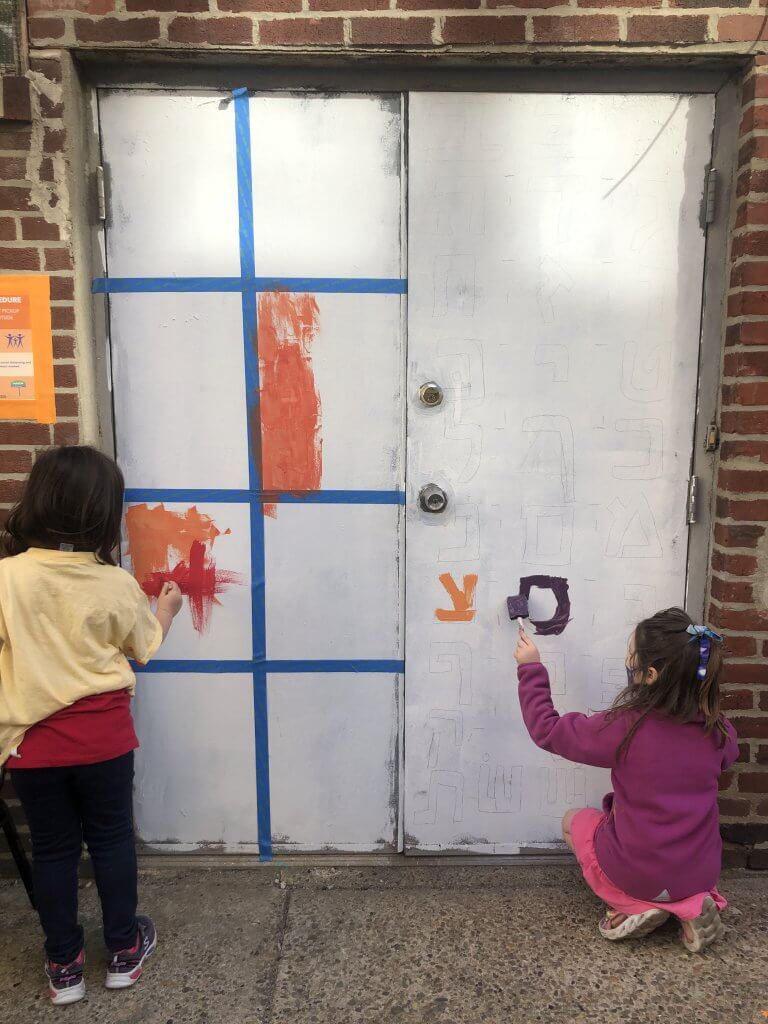
What do you do to be kind to yourself or take care of yourself during a challenge?
- Take deep breaths.
- I always punch my pillow and smack stuff when I feel angry.
- Take some space.
- Hug my mom or my cat or my stuffies.
- Meditate.
- Play video games.
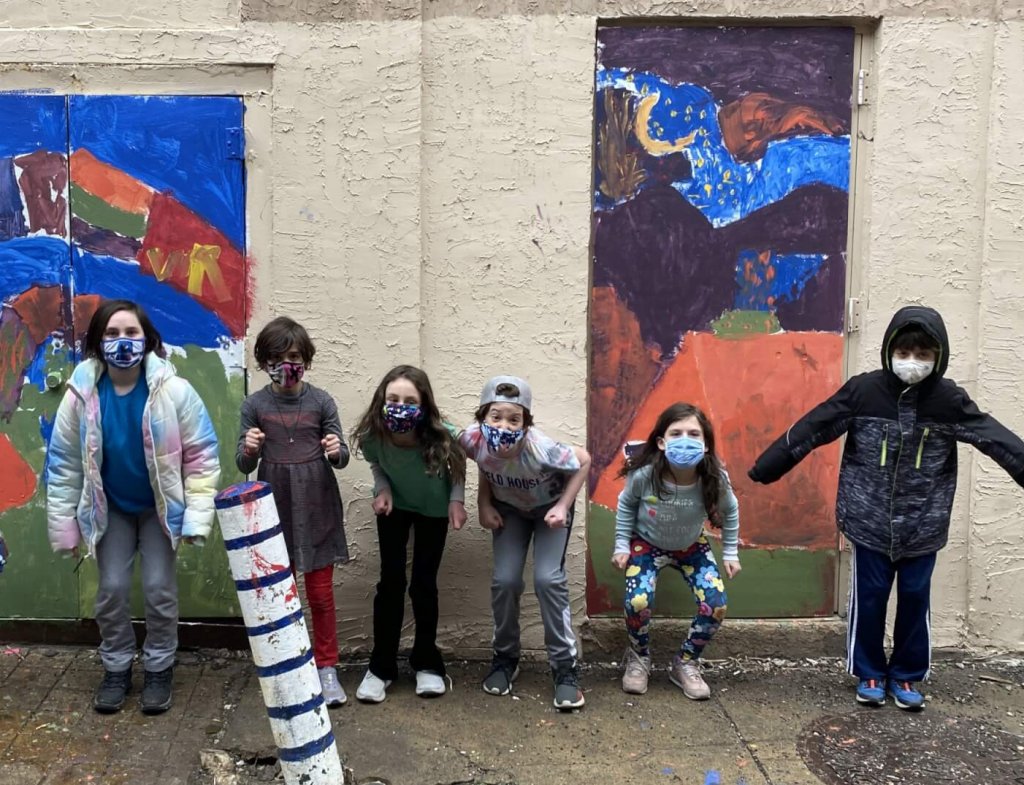
What about you? When things are too hard or scary, who do you cry out to? Who do you turn to for help or comfort when you’re in a dark or scary situation?
- When I’m in the dark I turn on my lamp and start reading books.
- When I’m in the dark I keep my eyes closed.
- My parents because they always have ways to help me, like if my brother is being mean to me or if one of my favorite stuffed animals breaks. If anything bad happens then my parents can come to fix it.
Yonah’s story reminds us that resilience doesn’t mean feeling confident, capable, and successful all the time. Sometimes it means noticing when you’re stuck in a low, hard place, and remembering that you have tools, resources, and relationships to help you climb back out. During this week of Pesach, we will retell one of the lowest, saddest stories from our tradition. But we won’t focus on the years of slavery and devastation; instead we remember that the Hebrews cried out and climbed out of their proverbial pit to freedom. Chag sameach!
